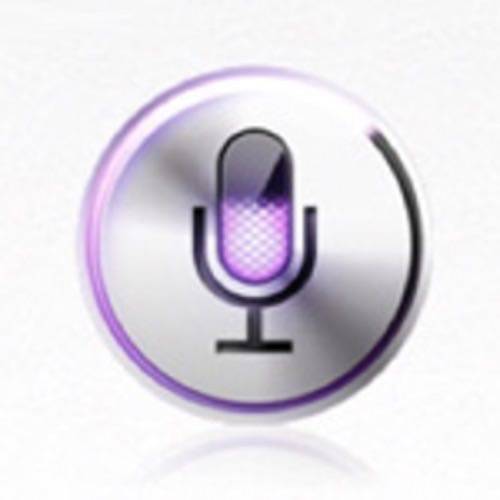Apple isn’t exactly known for letting consumers and developers tinker with its products. While the Apple II had expansion slots and a relatively open design, later hardware shipped by the company would become harder to modify. What they sold was what consumers got, with very little room for customization.

Today, developers are having a field day jailbreaking each subsequent version of iOS and even hacking Siri to put its voice control technology to use in unique and interesting ways. Officially, Apple discourages jailbreaking, even though the practice has been a source of good ideas, some of which the company has borrowed.
How does Apple feel about Siri-hacking? They haven’t made any public statements about it one way or the other, but one generally assumes they’re not thrilled. Early attempts to port the feature to devices other than the iPhone 4S for which it was intended have proven complex and technically illegal. However, an update made to iOS 5 today paves the way for legally permissible porting of Siri to other devices.
Whether deliberately or not, Apple has unencrypted system files within iOS 5 that were previously locked down. As self-described iPhone hacker @MuscleNerd pointed out on Twitter, them doing so enables developers to port Siri to other devices without infringing on the company’s intellectual property.
It may well have been an oversight, which may be patched up when iOS 5.1 drops, but for the time being developers are free to tinker with Siri and make it work on iPads, iPods and older iPhone models.
It remains to be seen if Apple embraces Siri-hacking in the longrun. Such a move would be rather unlike them, but if it can perceive a branding or other business advantage to letting the hacking continue, Apple could follow the precedent set by Microsoft earlier this year. Instead of frowning on developers who hacked their Kinect motion control technology, the company actively encouraged them and even offered cash prizes for the best hacks.

















